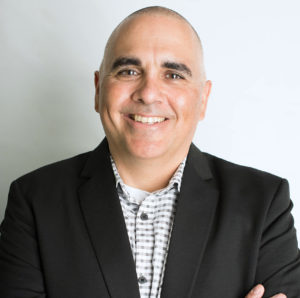My guest on the show today is Zach Spuckler, founder of Heart Soul & Hustle and the Heart Soul + Hustle podcast, and I’m excited to bring you his story today because I’ve found all the different ways he’s pivoted in his business fascinating!
I started following Zach back in 2015 when I was just starting out because I really resonated with his authentic marketing strategies.
After making over 1.5 million dollars in online courses and coaching sales, Zach pivoted to serving that same audience with marketing services and consulting.
He's now the chief marketing extraordinaire at his Facebook Ads & Consulting Agency where he works with his clients to achieve multi-six-figure launches, automated funnels and consults on marketing strategies for course creators looking to scale their business.
Zach and I talk about:
- Zach’s online business journey and the unexpected lessons he’s learned along the way.
- Why Zach pivoted from one-to-many to one-to-one.
- What goes into a 6-figure launch.
- How to validate your ideas.
- The biggest Facebook Ads mistakes Zach sees people make.
- Zach’s best advice for anyone wanting to grow their side hustle.
- The one belief Zach had to change about himself to get where he is today.
My favorite quotes from Zach:
- “Always keep one foot in what you're doing and put one foot forward and continue to test things out before you make a big leap.”
- “There is no “wrong move”. There's only determining what you want to do, putting in the effort to make it happen and then pivoting if things aren't working.”
- “When you're running ads and you have a proven offer, you're taking a calculated risk. And when you don't have a proven offer, you're taking a gamble.”
- “There are phases at every level of your business where you've just got to hustle.”
Resources mentioned in this episode:
- Client Case Study: Creating $120K in Revenue Directly from Ads in an Online Course Launch
Bio:
Zach Spuckler is the founder of Heart Soul & Hustle and creator of a podcast by the same name. After making over 1.5 million dollars in online courses and coaching sales he pivoted to serving that same audience with marketing services and consulting. He's now the chief marketing extraordinaire at his Facebook Ads & Consulting Agency where he works with his clients to achieve multi-six-figure launches, automated funnels and consults on marketing strategies for course creators looking to scale their business. You can learn more about him at HeartSoulHustle.com.






